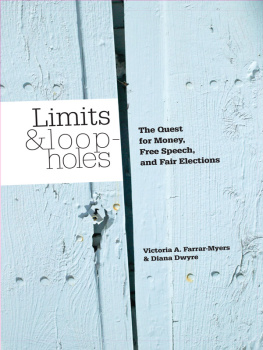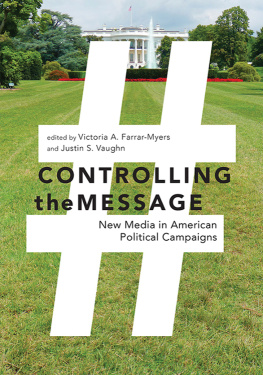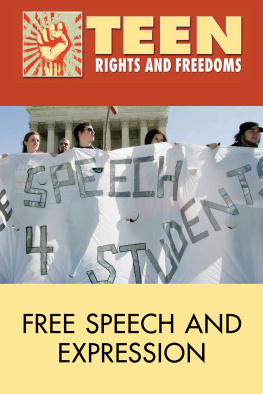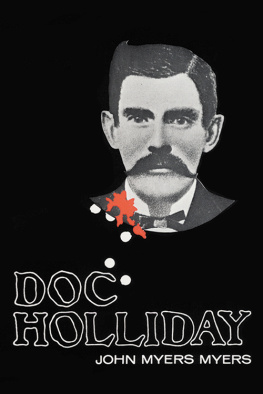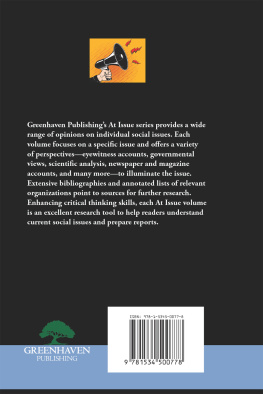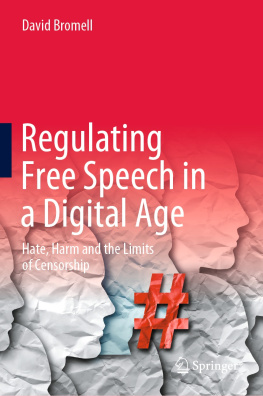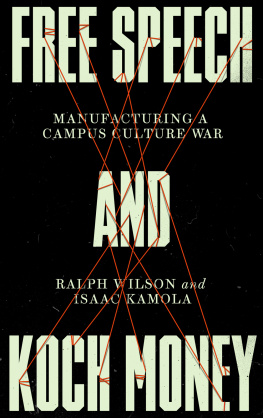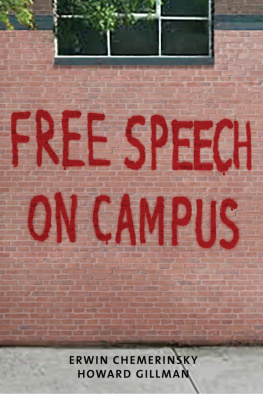Victoria A. Farrar-Myers - Limits and Loopholes: The Quest for Money, Free Speech, and Fair Elections
Here you can read online Victoria A. Farrar-Myers - Limits and Loopholes: The Quest for Money, Free Speech, and Fair Elections full text of the book (entire story) in english for free. Download pdf and epub, get meaning, cover and reviews about this ebook. year: 2007, publisher: CQ Press., genre: Politics. Description of the work, (preface) as well as reviews are available. Best literature library LitArk.com created for fans of good reading and offers a wide selection of genres:
Romance novel
Science fiction
Adventure
Detective
Science
History
Home and family
Prose
Art
Politics
Computer
Non-fiction
Religion
Business
Children
Humor
Choose a favorite category and find really read worthwhile books. Enjoy immersion in the world of imagination, feel the emotions of the characters or learn something new for yourself, make an fascinating discovery.
- Book:Limits and Loopholes: The Quest for Money, Free Speech, and Fair Elections
- Author:
- Publisher:CQ Press.
- Genre:
- Year:2007
- Rating:4 / 5
- Favourites:Add to favourites
- Your mark:
- 80
- 1
- 2
- 3
- 4
- 5
Limits and Loopholes: The Quest for Money, Free Speech, and Fair Elections: summary, description and annotation
We offer to read an annotation, description, summary or preface (depends on what the author of the book "Limits and Loopholes: The Quest for Money, Free Speech, and Fair Elections" wrote himself). If you haven't found the necessary information about the book — write in the comments, we will try to find it.
Limits and Loopholes: The Quest for Money, Free Speech, and Fair Elections — read online for free the complete book (whole text) full work
Below is the text of the book, divided by pages. System saving the place of the last page read, allows you to conveniently read the book "Limits and Loopholes: The Quest for Money, Free Speech, and Fair Elections" online for free, without having to search again every time where you left off. Put a bookmark, and you can go to the page where you finished reading at any time.
Font size:
Interval:
Bookmark:
Free Speech, and
Fair Elections

1255 22nd Street, NW, Suite 400
Washington, DC 20037
Composition: Auburn Associates, Inc.
 The paper used in this publication exceeds the requirements of the American National Standard for Information SciencesPermanence of Paper for Printed Library Materials, ANSI Z39.48-1992.
The paper used in this publication exceeds the requirements of the American National Standard for Information SciencesPermanence of Paper for Printed Library Materials, ANSI Z39.48-1992.Farrar-Myers, Victoria A.
Limits and loopholes: the quest for money, free speech, and fair elections/Victoria A. Farrar-Myers, Diana Dwyre.
p. cm.
Includes bibliographical references and index.
ISBN 978-0-87289-329-0 (alk. paper)
1. Campaign fundsUnited States. 2. ElectionsUnited States. 3. United StatesPolitics and government1989- I. Dwyre, Diana. II. Title.
324.780973dc22
Jason
and
Joe, Quinn, and Pauline
Font size:
Interval:
Bookmark:
Similar books «Limits and Loopholes: The Quest for Money, Free Speech, and Fair Elections»
Look at similar books to Limits and Loopholes: The Quest for Money, Free Speech, and Fair Elections. We have selected literature similar in name and meaning in the hope of providing readers with more options to find new, interesting, not yet read works.
Discussion, reviews of the book Limits and Loopholes: The Quest for Money, Free Speech, and Fair Elections and just readers' own opinions. Leave your comments, write what you think about the work, its meaning or the main characters. Specify what exactly you liked and what you didn't like, and why you think so.

